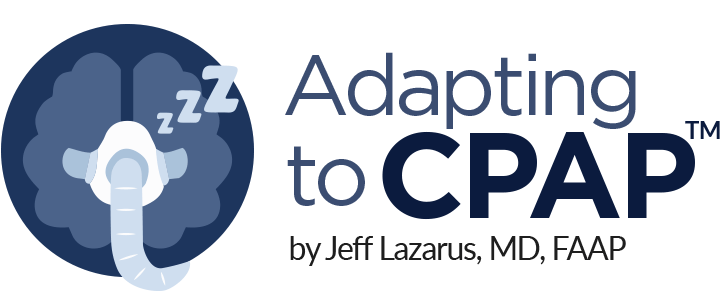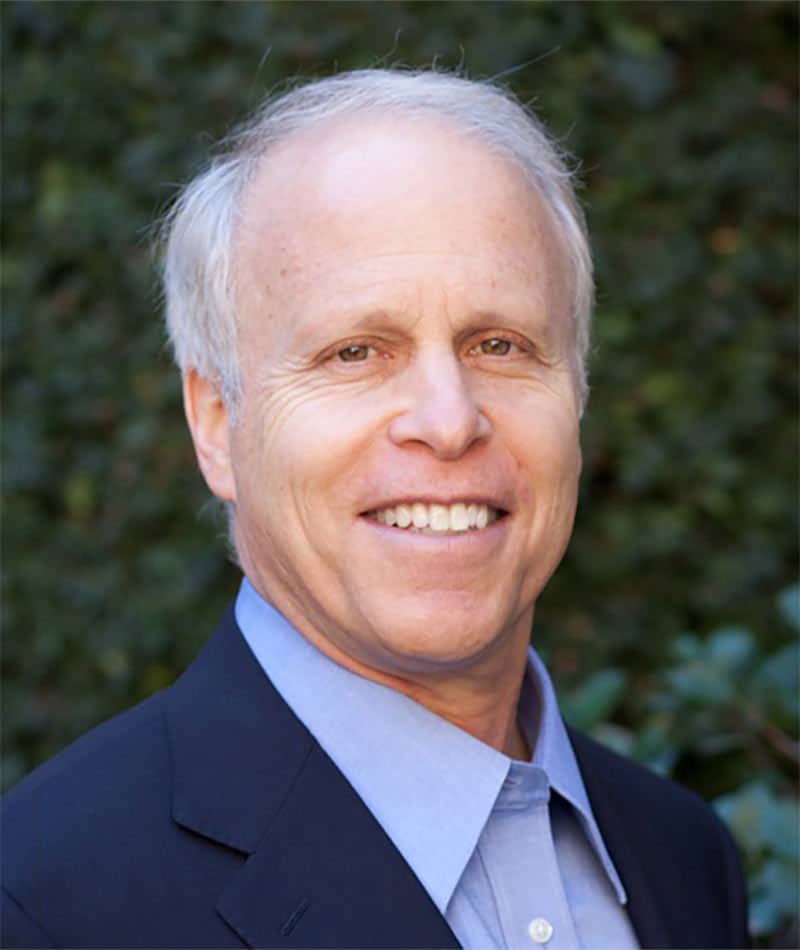

Are you feeling frustrated and upset about your CPAP mask and machine?
Do you wake up feeling sad and discouraged about your condition?
Our simple program, when practiced regularly, can result in dramatic improvements made as quickly as the first night.
Adapting to CPAP™ is the only comprehensive home video program to treat sleep apnea by helping you become more comfortable with the CPAP mask. It incorporates medical hypnosis, cognitive behavioral therapy strategies, and powerful motivational tools.
Using this groundbreaking program, you’ll be able to use your CPAP mask and machine comfortably and confidently and get the quality sleep you both need and deserve!
Be the first to know when Adapting to CPAP™ is available for purchase in May 2024:
Adapting to CPAP™ empowers individuals using proven hypnosis methods, cognitive behavioral therapy strategies, and powerful motivational tools, which give them a sense of accomplishment in being able to say, “I did this on my own!”
Results many patients may see after implementing this simple home program include…
See for yourself how this unique treatment program can help you sleep comfortably and confidently using your CPAP machine every night.
The most common treatments for sleep apnea are CPAP and BIPAP. These are machines that force air through a mask to keep your airway open while you sleep.
The problem with these treatments is that many people find them cumbersome and uncomfortable.
Adapting to CPAP™ incorporates medical hypnosis, cognitive behavioral strategies, and powerful motivational tools to help you be able to wear your CPAP mask and use your CPAP machine comfortably and confidently.
The program includes:
Sleep apnea can negatively affect your daily life and can often cause:
According to the Mayo Clinic, sleep apnea can lead to:
Be the first to know when Adapting to CPAP™ is available for purchase in May 2024:
As it happens, there are no studies about the use of hypnosis in the adult literature, yet! Dr. Lazarus hopes to have this program utilized in such a study, similarly to the way his other program, Keeping the Bed Dry®, was used successfully in a study by the Division of Pediatric Urology at Doernbecher Children’s Hospital, which is part of Oregon Health and Science University in Portland, Oregon.
Andrey Zinchuk, MD, MHS,
Director, Advanced Apnea Management Program Yale School of Medicine
Group cognitive behavioral therapy (CBT) was shown to be effective in a group of 96 men, 32 to 81 years old. Each group had 10 participants, plus their partners, for two 1-hour sessions. Thirty-one per cent of the treatment as usual group were using their CPAP for less than 4 hours per night. With group CBT, there was an average increase of 2.9 hours per night.
Richards D; Bartlett DJ; Wong K et al. Increased Adherence to CPAP with a Group Cognitive Behavioral Treatment Intervention: A Randomized Trial. SLEEP 2007;30(5):635-640.

Dr. Lazarus is a board-certified physician. He received his residency training at Stanford University Medical Center.
He has written articles and chapters and has had the privilege of teaching clinicians all over the world.
Dr. Lazarus has been practicing medical hypnosis for 25-years and cognitive behavioral therapy for 14 years.





